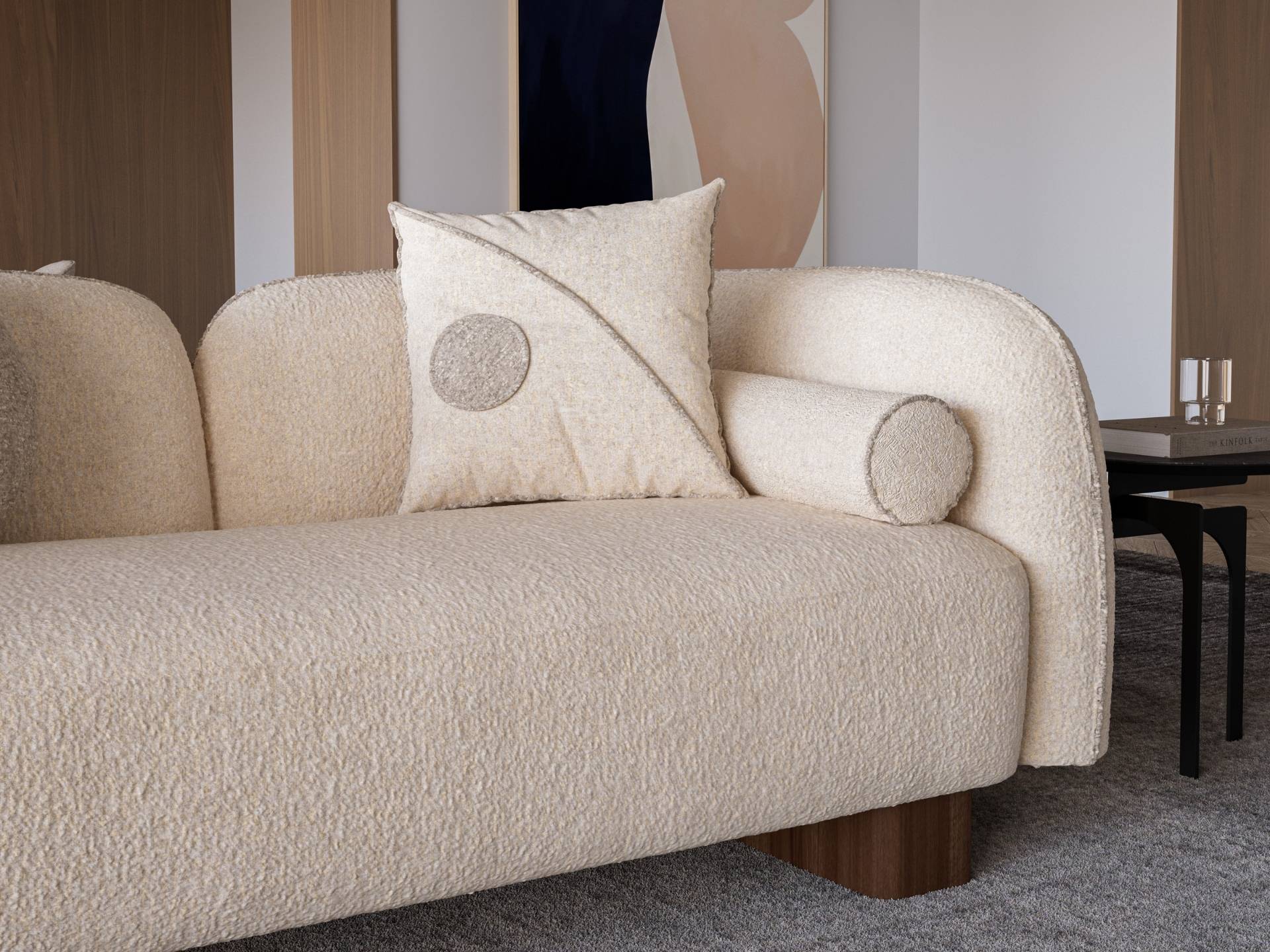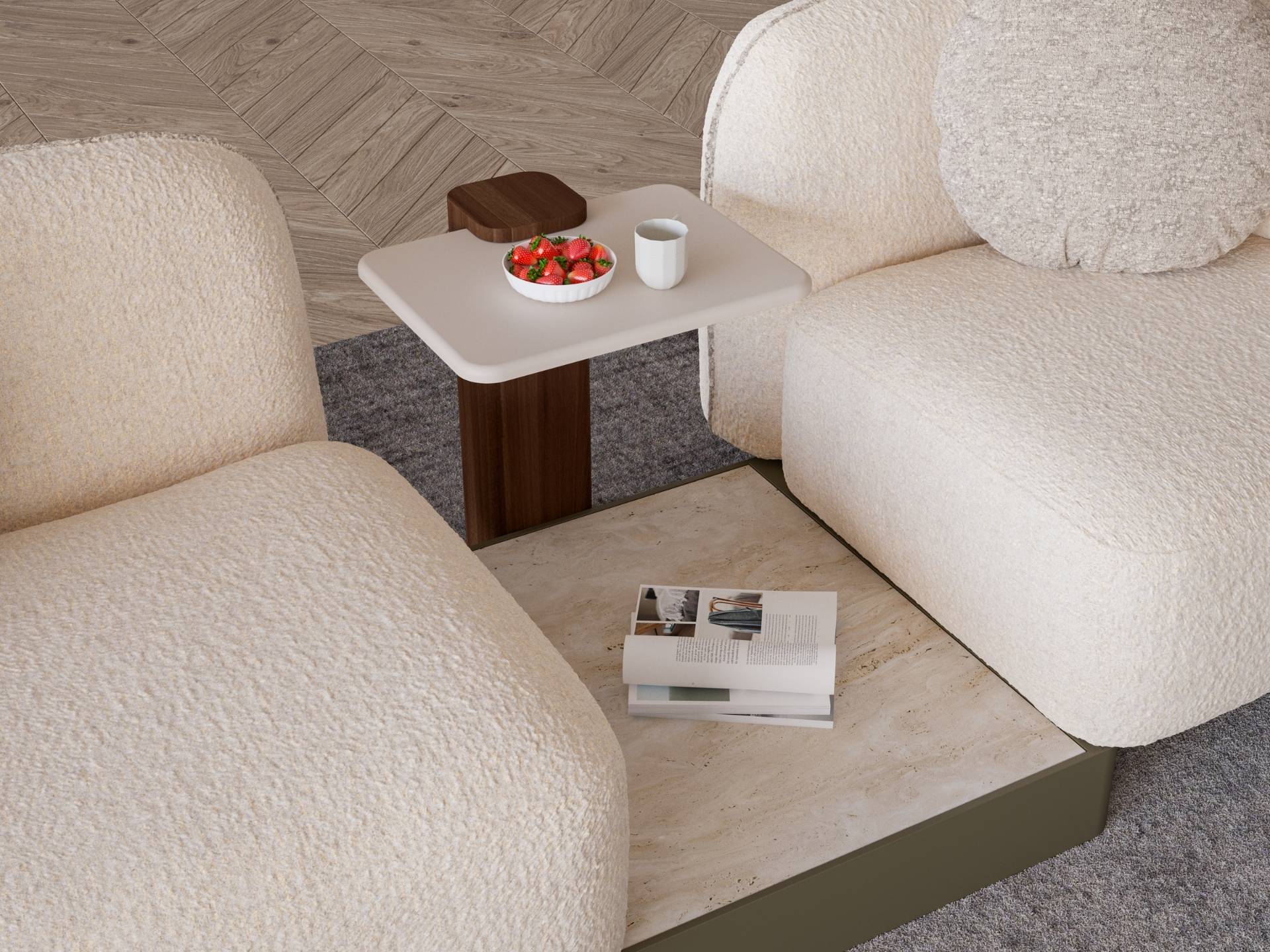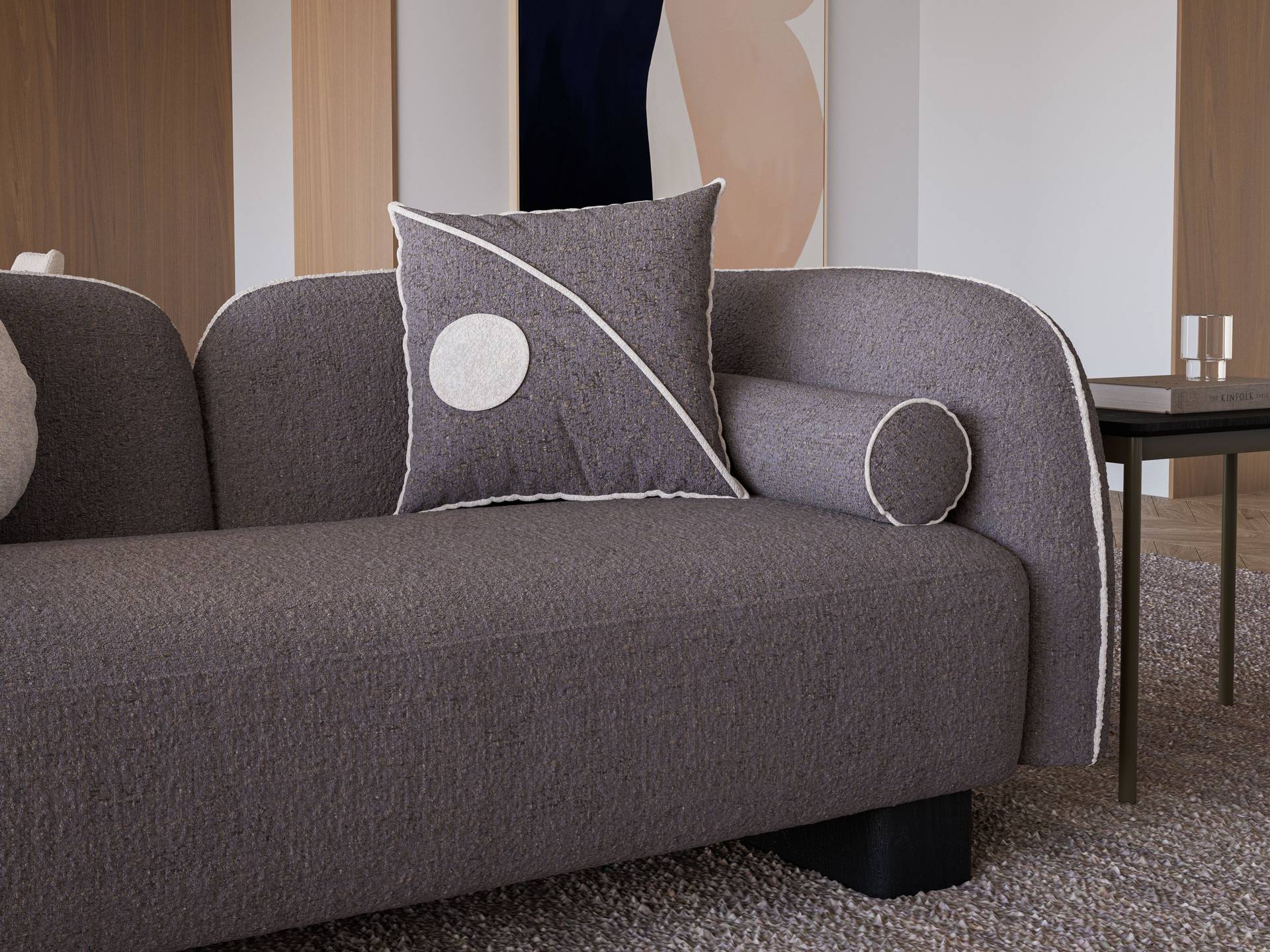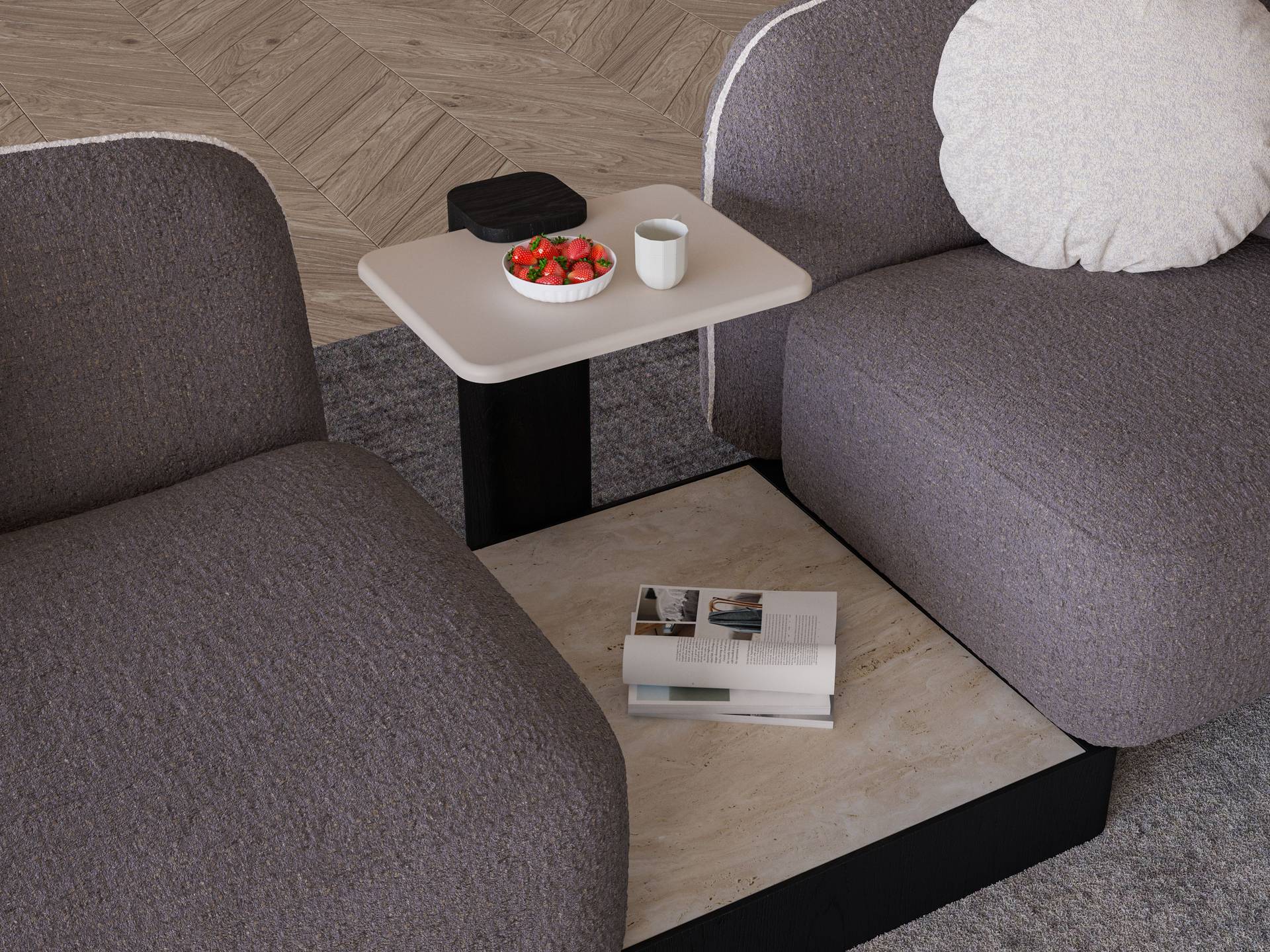Why Are Sustainable Furniture Designs Becoming Increasingly Important?

The modern lifestyle is no longer limited to the pursuit of aesthetics and functionality alone. Consumers also care about the impact their purchased products have on nature, society, and future generations. One of the areas where this awareness is most felt is furniture design. So, why is sustainable furniture so prominent and why is it so important?
1. We Must Protect Our Planet
The trees, water resources, and energy used during furniture production have a direct impact on the environment. Traditional manufacturing processes often lead to environmental damage that is difficult to reverse.
- Millions of trees are cut down every year for furniture production.
- Chemical paints and varnishes harm the soil and water.
- High carbon-emission production processes trigger the climate crisis.
However, sustainable furniture production represents an approach that puts nature at its core. This makes a difference not only in the production processes but throughout the entire life cycle of the product.
2. The Rise of Sustainable Materials
Today, furniture manufacturers are turning to eco-friendly materials in addition to traditional wood and metal. These materials not only do not harm the environment but also offer a unique experience to the consumer.
- Recycled wood and MDF
- Renewable resources such as bamboo, cork, and hemp
- Organic fabrics and natural latex fillings
3. Durable Furniture = Less Consumption
The habit of fast consumption causes tons of furniture to be thrown away every year. However, quality, durable, and modular designs make it possible to use the same product for many years.
- Thanks to its durable structure, the risk of breaking or disintegration is reduced.
- The availability of spare parts and repairability extend the product’s lifespan.
- Thanks to modular structures, it can be adapted according to the usage area.
This approach both protects nature and is budget-friendly for the consumer.
4. New Generation Consumer Behaviors
Especially Generation Z and Millennials now prefer products that not only look good but also have meaning and ethical values.
- Awareness of the concepts of “ethical production” and “fair trade”
- Brands’ participation in social responsibility projects
- Loyalty to environmentally conscious brands
Sustainability has become a powerful factor that directly influences this group's purchasing decisions.
5. Sustainability Adds Value to Your Brand
Companies that engage in sustainable production protect not only nature but also their own brand value. This is because environmental responsibility is one of the leading factors that determine corporate reputation today.
- A stronger brand perception
- Access to new customer segments
- Media visibility within the scope of corporate social responsibility
Conclusion: Designs Shaping the Future
Sustainable furniture is not just a trend; it is a strong approach that reflects our lifestyle, our view of the world, and our responsibility towards the future. At Nill’s Mobilya, we continue to design products that are eco-friendly, ethical, and durable. Because a more livable world is possible together.













